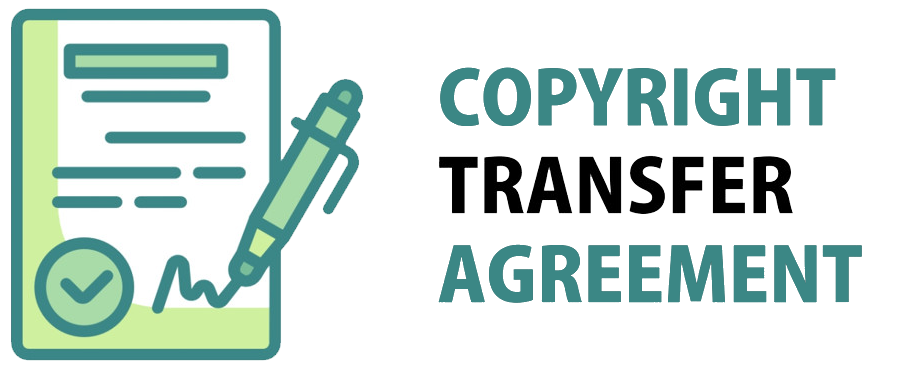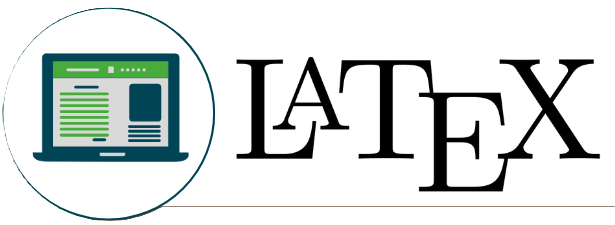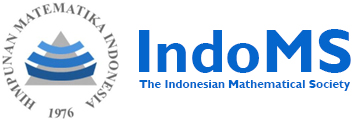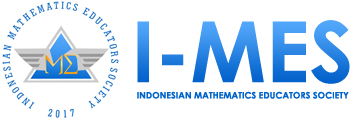FLIPPED CLASSROOM : PENINGKATAN KEMAMPUAN BERPIKIR KRITIS MATEMATIS DAN MOTIVASI BELAJAR PESERTA DIDIK MADRASAH TSANAWIYAH

DOI:
https://doi.org/10.32665/james.v4i1.171Keywords:
Flipped Classroom, Mathematical Critical Thinking, Motivation to Learn, Berpikir Kritis Matematis, Motivasi BelajarAbstract
References
Acep Pebianto, Reyna Suhartina, Ribka Yohana dkk. Kemampuan Berpikir Kritis Matematis Siswa SMA Ditinjau dari Gender. JPMI: Jurnal Pembelajaran Matematika Inovatif, vol. 1, no. 4. (2018)
Ennis, R.H. “An Outline of Goals for a Critical Thinking Curriculum”. In Developing Minds: A Resource Book for Teaching Thinking. Virginia: ASCD Publication.(1985).
Joko Sulianto, Nyai Cintang, dan Mira Azizah. Analisis Korelasi dan Regresi Berpikir Kritis terhadap Kemampuan Pemecahan Masalah Matematika Siswa SD Kota Semarang. Seminar Nasional Pendidikan.(2018)
Nurfadillah, L., Sahtosa, C. A. H. F., & Novaliyosi. Pengaruh Model Pembelajaran Flipped Classroom Terhadap Kemampuan Berpikir Kritis Matematis Siswa. WILANGAN : Jurnal Inovasi Dan Riset Pendidikan.(2020).
Heris Hendriana, Euis Eti Rohaeti, Utari Sumarno. Hard Skills dan Soft Skills. Bandung: PT Refika Aditama.(2018).
Uno, Hamzah B. Teori Motivasi Dan Pengukurannya, Analsis Di Bidang Pendidikan. Jakarta : Bumi Aksara.(2012)
Santrock, John W. Psikologi Pendidikan. Edisi kedua. University of Texas at Dallas. Jakarta : Kencana.(2007).
Amma Emda. Kedudukan Motivasi Belajar Siswa dalam Pembelajaran. Lantanida Journal, vol. 5, no. 2.(2017).
Putri Sulistianingsih. Pengaruh Kecerdasan Emosional dan Motivasi Belajar Terhadap Kemampuan Berpikir Kritis Matematika. JKPM, vol. 2, no. 1.(2016).
Janatin, Y., Hamid, A., Wahyu, R., & Putra, Y. Upaya peningkatan kemampuan pemahaman konsep matematis siswa SMP dengan menggunakan pembelajaran model flipped classroom. Seminar Nasional Matematika Dan Pendidikan Matematika UIN Raden Intan Lampung, 2(1), (2019). 125–139.
} Saputra, M. E. A., & Mujib, M. Efektivitas Model Flipped Classroom Menggunakan Video Pembelajaran Matematika terhadap Pemahaman Konsep. Desimal: Jurnal Matematika, 1(2), (2018). 173. https://doi.org/10.24042/djm.v1i2.2389
Nurmuiza, I., Maonde, F., & Sani, A. Pengaruh Motivasi Terhadap Hasil Belajar Matematika Siswa SMAN. JURNAL PENDIDIKAN MATEMATIKA, 6.(2015).
Saputra, M. E. A., & Mujib. Efektivitas Model Flipped Classroom Menggunakan Video Pembelajaran Matematika terhadap Pemahaman Konsep. Desimal: Jurnal Matematika, 1(2), (2018).173–179.
Herreid, C. F., & Schiller, N. A. Case Studies and Flipped Classroom. Journal of College Science Teaching 42(5), (2013). 62-66.
Ozdamli, F., & Asiksoy, G. Flipped classroom approach. World Journal on Educational Technology: Current Issues , 8 (2),(2016). 98-105.
Wolff, L. C., & Chan, J. Flipped Classrooms for Legal Education. New York: Springer, (2016).
Bergmann, J. and Sams, A. How the flipped classroom is radically transforming learning. The Daily Riff.(2012b).
Ibrahim, M. Pemanfaatan Media Audio Visual Dalam Meningkatkan Motivasi Belajar Peserta Didik Paket C. Jurnal Ilmu Pendidikan Dan Pengajaran, 5(1).(2018).
Prasetia, F. Pengaruh Media Audio Visual Terhadap Hasil Belajar Matematika. JKPM, 1(2),(2016). 257–266.
Maolidah, I. S., Ruhimat, T., & Dewi, L. Efektivitas Penerapan Model Pembelajaran Flipped Classroom Pada Peningkatan Kemampuan Berpikir Kritis Siswa. Edutcehnologia, 3(2),(2017).160–170.
Jarrah, A. M., & Diab, K. M. A. B. M. The Effect of Flipped Classroom Model o n Students ’ Achievement in the New 2016 Scholastic Assessment Test Mathematics Skills. The Journal Of Social Sciences Research, 5, (2019). 769–777.
Rusnawati, M. D. Implementasi Flipped Classroom Terhadap Hasil dan Motivasi Belajar Siswa. Jurnal Ilmiah Dan Pembelajaran, 4(April), (2020). 139–150.
Downloads
Published
Issue
Section
License
Copyright (c) 2021 Journal of Mathematics Education and Science

This work is licensed under a Creative Commons Attribution-NonCommercial-ShareAlike 4.0 International License.
Authors who publish with this journal agree to the following terms:
- Authors retain copyright and grant the journal right of first publication with the work simultaneously licensed under a Creative Commons Attribution License that allows others to share the work with an acknowledgment of the work's authorship and initial publication in this journal.
- Authors are able to enter into separate, additional contractual arrangements for the non-exclusive distribution of the journal's published version of the work (e.g., post it to an institutional repository or publish it in a book), with an acknowledgment of its initial publication in this journal.
- Authors are permitted and encouraged to post their work online (e.g., in institutional repositories or on their website) before and during the submission process, as it can lead to productive exchanges, as well as earlier and greater citation of published work
 PDF Download: 1247
PDF Download: 1247


















